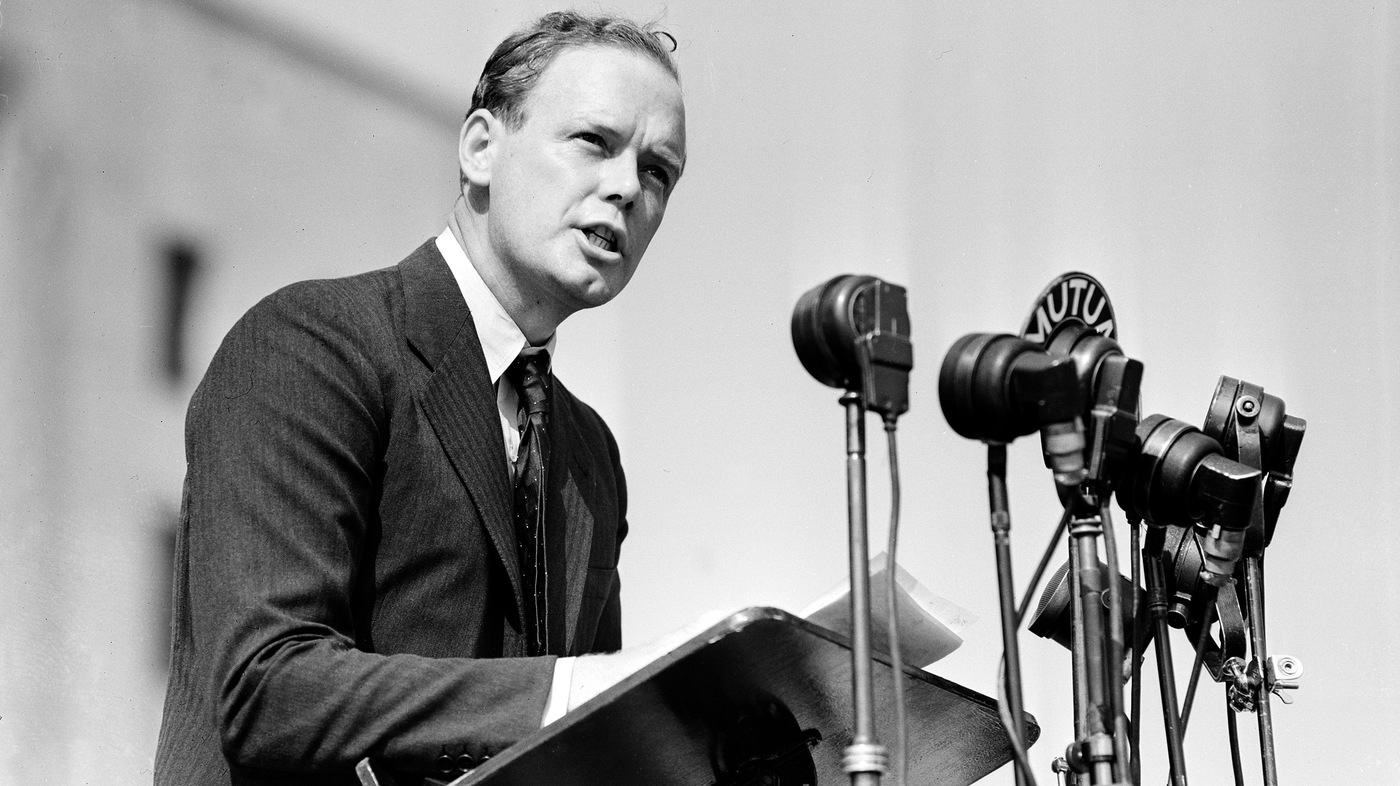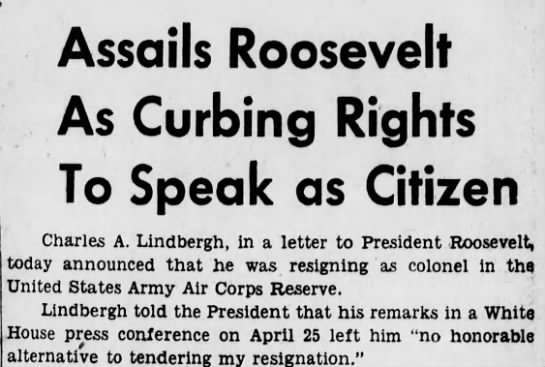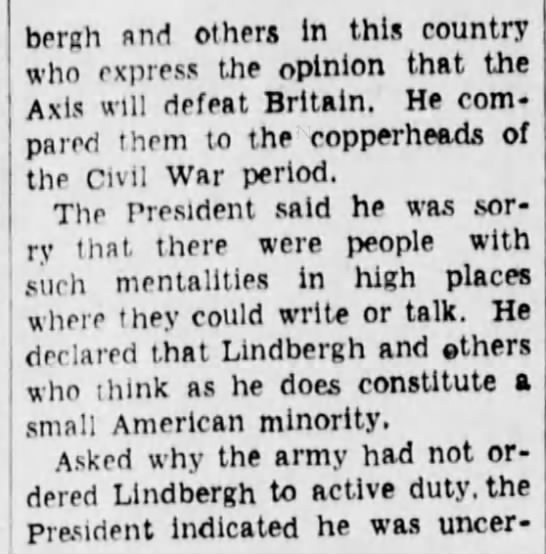Like many who’ve read Philip Roth’s The Plot Against America, I’ve been reflecting a lot on the novel during this terrible time of a demagogue reaching the White House. The writer imagined an alternative history in which the legendary aviator Charles Lindbergh, an actual spokesperson for the America First Committee and admitted white supremacist, was able to defeat Franklin Delano Roosevelt for the Presidency, changing the course of history for much the worse. It seems to have unfortunate parallels with our own bleak moment.
Roth doesn’t exactly see it that way, however. In an email exchange with Judith Thurman of the New Yorker, he explained the key difference:
“It is easier to comprehend the election of an imaginary President like Charles Lindbergh than an actual President like Donald Trump. Lindbergh, despite his Nazi sympathies and racist proclivities, was a great aviation hero who had displayed tremendous physical courage and aeronautical genius in crossing the Atlantic in 1927. He had character and he had substance and, along with Henry Ford, was, worldwide, the most famous American of his day. Trump is just a con artist.”
Yes, that’s true, Trump is merely a Simon Cowell-ish strongman, not a real-life superhero whose daring made the world smaller when foreign acres of the Earth still felt as distant as the dark side of the moon. But the book’s sense of foreboding, the feeling that we’ve drifted far and disastrously from our ideals, definitely resonates.
An article in the April 28, 1941 Brooklyn Daily Eagle reported on Lindbergh’s abrupt resignation from his Army post in response to Roosevelt’s criticism of the flier’s speeches, in which he urged American isolationism, a belief which was fortified by his appreciation for Aryan superiority and feelings of anti-Semitism.









